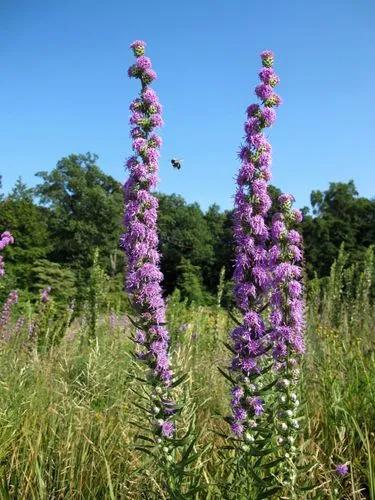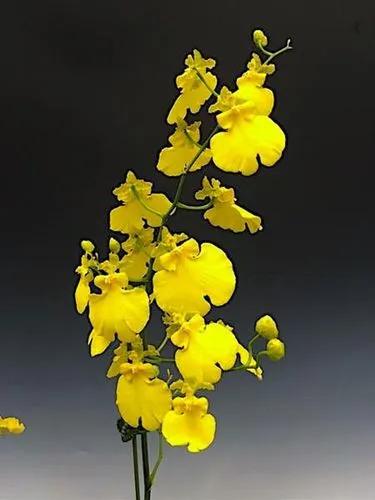Alocasia Odora Variegata, also known as Elephant’s Ear, is a member of the Araceae family. There are over 80 different species within the Alocasia genus, which vary widely in shape and size. However, they are all foliage plants with inconspicuous blooms, often hidden behind the leaf petioles
Fuchsia Gartenmeister Care
Fuchsia triphylla 'Gartenmeister Bonstedt’



How to Care for the Plant

Water

Fuchsias should be watered when they dry out. In the ground, this may be only once or twice a week. Fuchsias in containers, however, are far more demanding. In the spring, when the weather is cool and they have not yet developed fully, the watering schedule may be two or three times a week. When the weather warms and plants are large, you’ll want to water once every day or two. Early morning is the best time for watering.

Pruning

Pruning isn't usually necessary, although a light trim in late autumn may be helpful if you live in a windy area. Otherwise, prune lightly in spring, if needed, to reduce height or to remove thin or weak growth. Avoid pruning hardy fuchsia in winter unless you live in a warm, non-freezing climate.

Fertilizer

Fuchsias in containers have a special need for regular feeding, because nutrients are leeched out by the frequent waterings. Most gardeners prefer fertilizers high in nitrogen before blooms appear and those high in phosphorus and potash afterward. One successful commercial grower uses a fish-base emulsion throughout the entire growing season. Regardless of what you use, apply it routinely while the fuchsias are growing, from about January through September. For fast results, use a diluted fertilizer with every watering or once a week.

Sunlight

Fuchsias will grow perfectly well in either full sun or partial shade, with shelter from cold winds. They will appreciate some shade at the hottest part of the day during very hot summer days.

Soil

To flower profusely, they need a fertile, moist but well-drained soil.

Temperature

In general, fuchsias prefer cool daytime temperatures (60 to 70 ºF) and a nighttime temperature of 10 degrees lower. The cool night temperatures are especially important during early spring growth when new growth is pinched and flower buds are developing.

Popularity

15 people already have this plant 3 people have added this plant to their wishlists
Discover more plants with the list below
Popular articles






